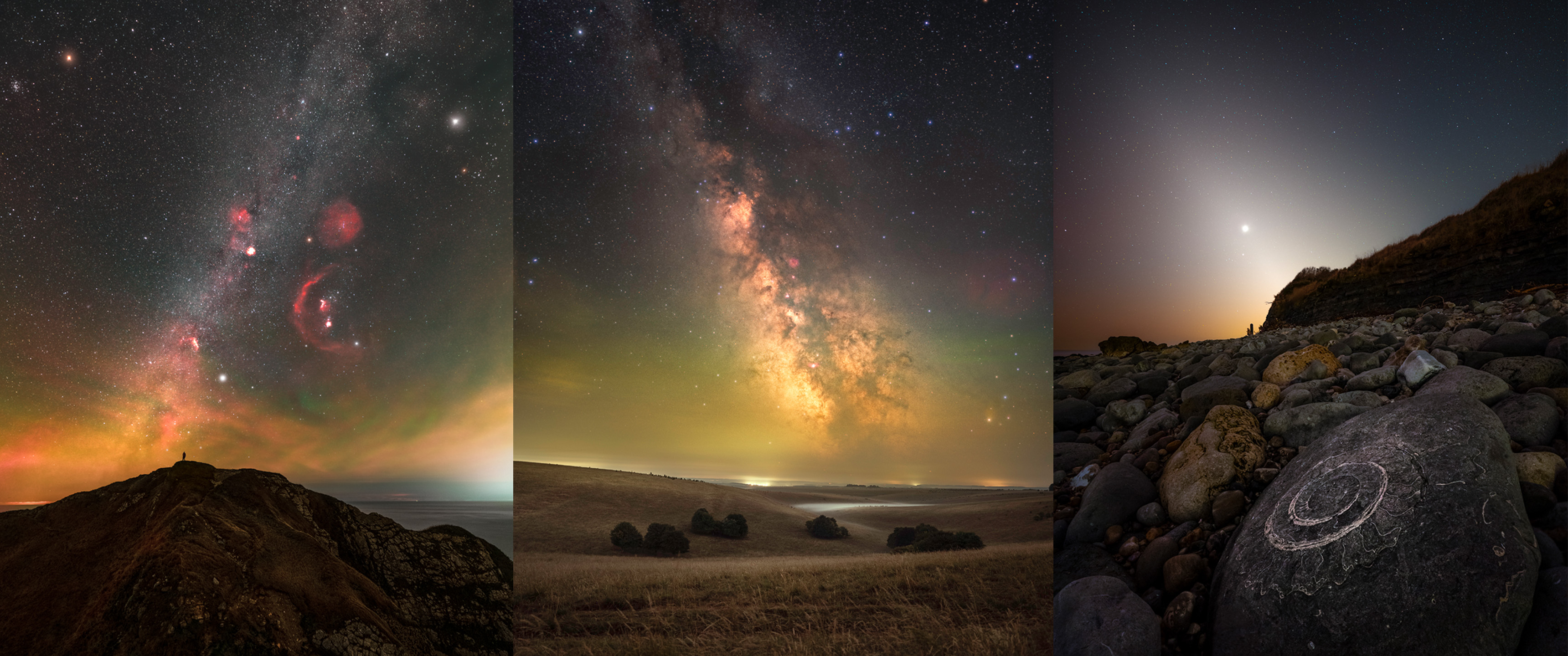Thinspiration: Do Web Sites Encourage Anorexia?
Recently there has been increased concern over hundreds of "pro-eating disorder" Web sites that provide "thinspiration" to legions of young women who want to become stick-thin. These sites provide an online community to swap tips on how to fast, disguise disordered eating, and generally "encourage" anorexia (though people don't really need to look far for information on dieting tips or how not to eat).
Following public complaints and concerns, many such "pro-ana" sites have been shut down. In 2001, for example, the search engine Yahoo purged over 100 pro-anorexia sites. French officials have recently threatened to criminalize groups they believe encourage eating disorders, arrest their members, and shut down Web sites hosted in France. People posting images of thin women or sharing dieting tips could face up to three years in prison and more than $70,000 in fines.
The concern is surely well-meaning, but is it misplaced?
For as much concern and furor as these "pro-ana" sites have generated, there is very little evidence of harm. As Kenyon College psychology professor Michael Levine told the International Herald Tribune, "You're going to be hard pressed to demonstrate in a very clear way that these sites have a direct negative affect."
There has been little research on the effect of "pro-ana" Web sites, and what there is shows no cause for alarm. A 2006 study, "Surfing for Thinness," published in the journal Pediatrics, examined nearly 700 families of patients diagnosed with eating disorders. Among their conclusions, "Pro-eating disorder site users did not differ from non-users in health outcomes," and those visiting "pro-ana" Web sites were not hospitalized any more often than those visiting Web sites promoting healthy recovery.
It's not surprising that researchers found little evidence of harm, since eating disorders such as anorexia nervosa and bulimia are biological diseases, not voluntary behaviors. The idea that a person, image, or Web site can "encourage" anorexia is not supported by science or research.
Images of thin people cannot "encourage" anorexia, any more than images of cancer patients "encourage" cancer, or photos of diabetics "encourage" diabetes. Ordinary, restricted-calorie dieting can be encouraged, but anorexia cannot.
Get the world’s most fascinating discoveries delivered straight to your inbox.
The concern over "pro-ana" Web sites stems from the popular myth that simply seeing images of thin people causes eating disorders. Anorexia is a very rare and complex psychological disorder with a strong genetic component. Genes, not Web sites, cause anorexia.
Ironically, mainstream anti-eating disorder materials may do more harm than "pro-ana" Web sites. Research shows that depictions of bulimic behavior actually encourages young women in their disordered eating. Experts suggest that televised depictions showing girls bingeing and purging (such as might be seen in after-school specials) serve as a behavior model.
The idea that a serious disease such as anorexia is being encouraged by Web site communities is rightly alarming to doctors and parents. Fortunately, the danger seems more myth than reality.
- 7 Health Tips That No Longer Apply
- 5 Myths About Women’s Bodies
- Diet News & Information
Benjamin Radford is managing editor of the Skeptical Inquirer science magazine. His books, films, and other projects can be found on his website. His Bad Science column appears regularly on LiveScience.



